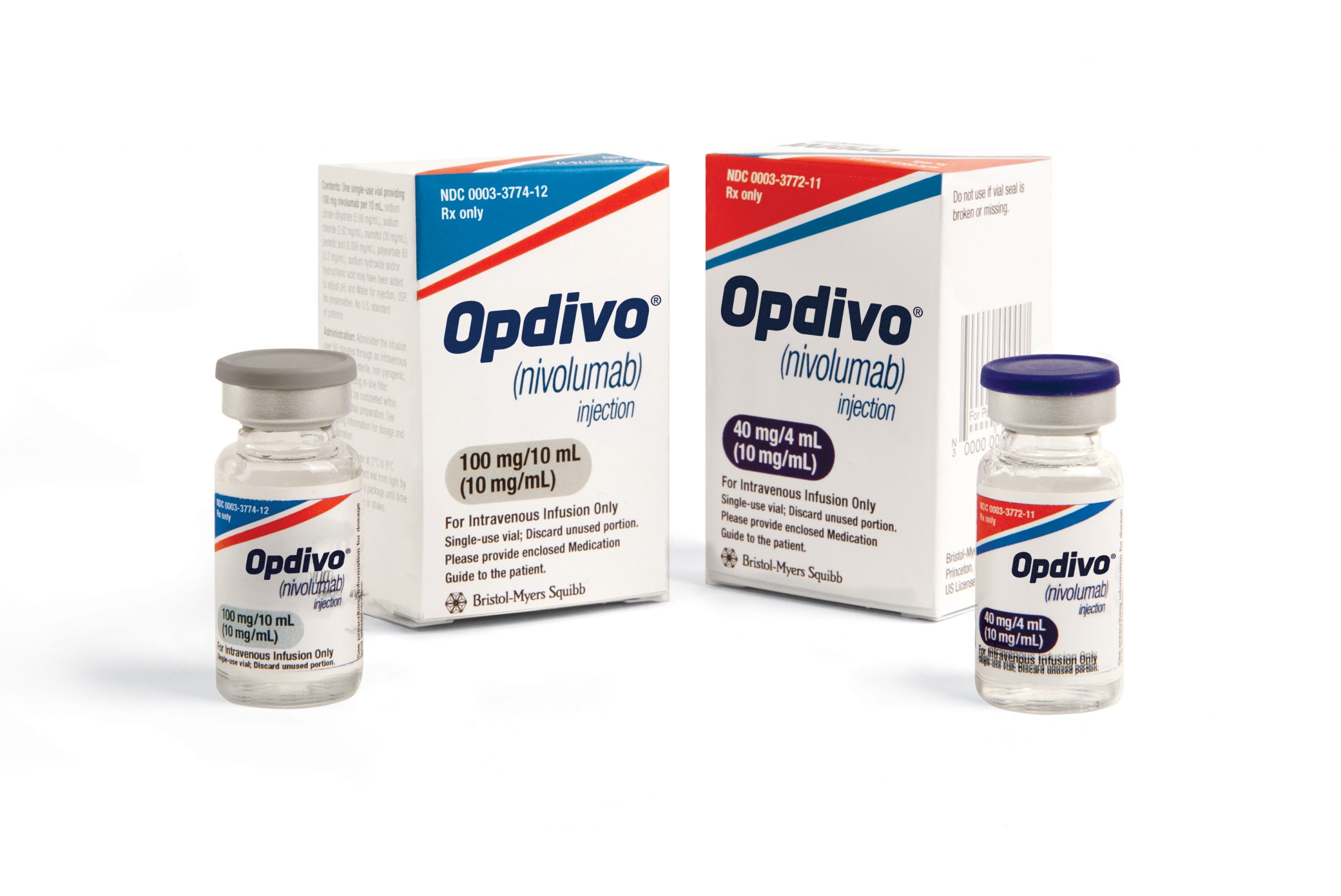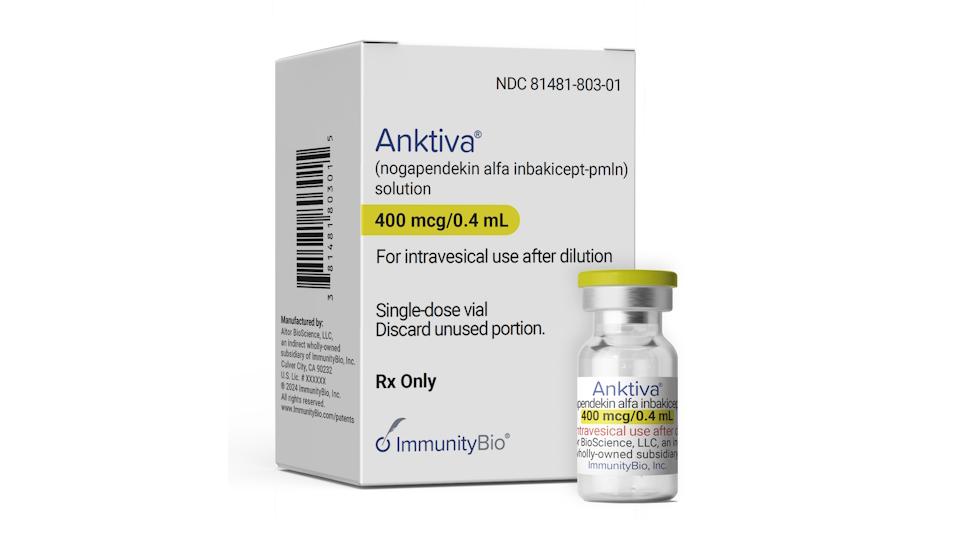NICE rejects BMS immunotherapy in advanced bladder cancer

Bristol-Myers Squibb’s immunotherapy Opdivo (nivolumab) will not be available to advanced bladder cancer patients for at least three years in much of the UK, after NICE published final guidance that rejected the drug for regular NHS funding in this use.
Following its usual review process NICE concluded in final guidance that Opdivo is not cost-effective for treating local advanced unresectable or metastatic urothelial cancer, after platinum-based chemotherapy.
Treatment options for patients at this stage of the diseases are based around chemotherapies such as docetaxel, paclitaxel – or best supportive care.
NICE acknowledged in this final guidance that none of these treatments offer lasting benefit and that prognosis is poor, and that the adverse effects of chemotherapy can have a “large negative effect” on patients’ quality of life.
BMS had presented NICE with a dossier based on two phase 2, single arm trials, and NICE’s main concern is that while they provided efficacy estimates, there is no randomised controlled trial evidence available.
Without this NICE’s independent committee said it would be “challenging” to assess the relative treatment benefit of Opdivo in this indication compared with standard care.
This also prevented NICE from making a “robust comparison” of adverse events, and NICE noted that Opdivo is associated with “rare but unpleasant and potentially serious adverse events” specific to immunotherapy.
In an attempt to keep costs down, BMS had also introduced a two-year stopping rule, and had submitted an analysis suggesting that it would cost £28,263 per quality adjusted life year (QALY) gained compared with docetaxel, and £23,497 per QALY compared with paclitaxel.
But according to NICE’s calculations the NHS could have to pay between £59,000 and £79,000 per QALY compared with standard care.
This is well above the body’s upper threshold of £30,000 per QALY and above the threshold of around $50,000 NICE allows for life-extending drugs.
NICE concluded that there is “no plausible potential” for Opdivo to meet its criteria in this population, not least because there are no trials planned that would address its uncertainties.
As a result it ruled Opdivo should not be reimbursed on an interim basis by the Cancer Drugs Fund under arrangements that have been in place since 2016.
With no review due until July 2021, it looks unlikely that Opdivo will become available to NHS patients with this disease in the foreseeable future.












